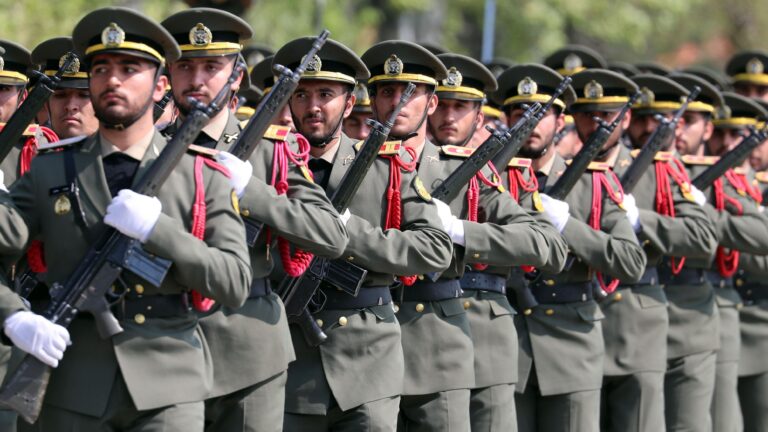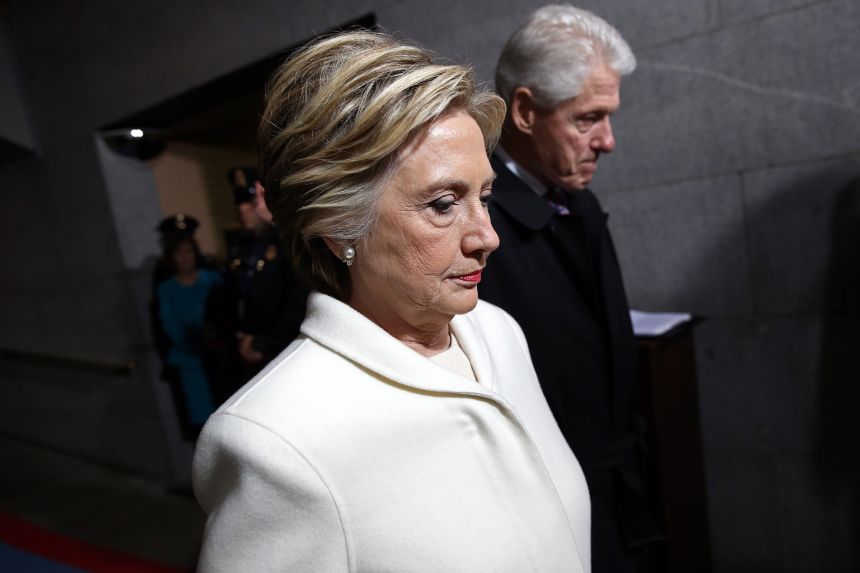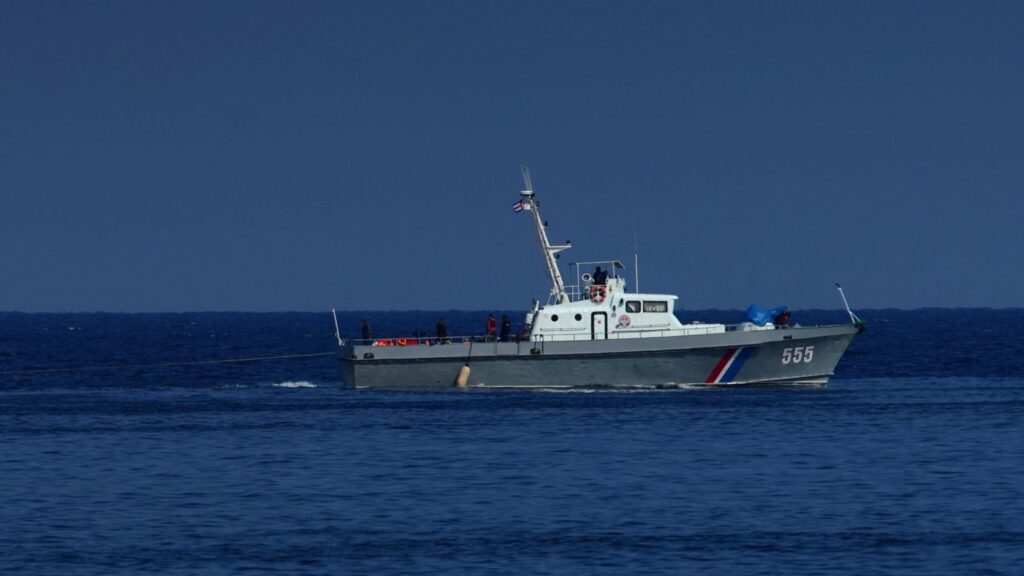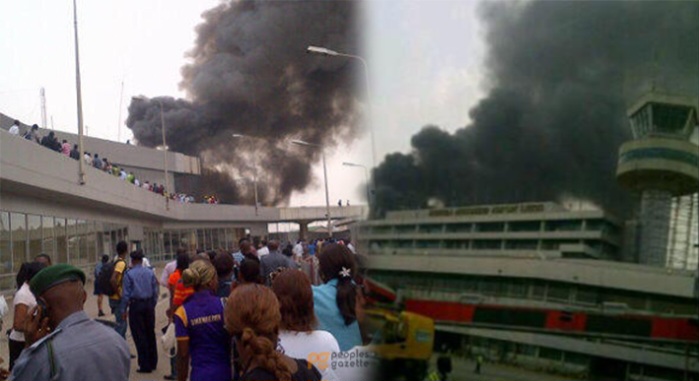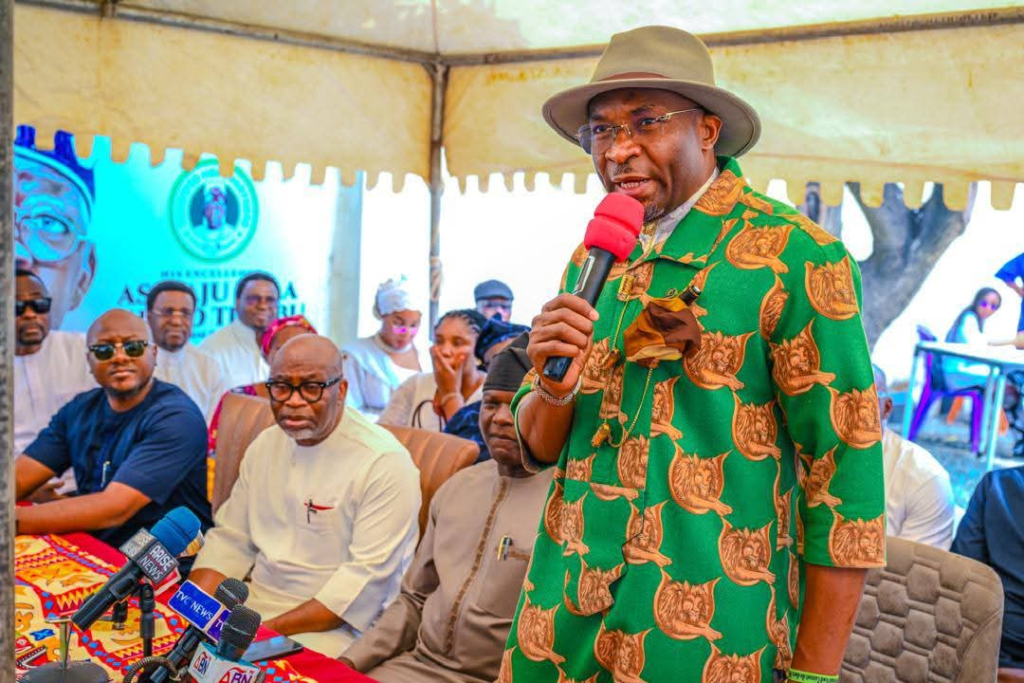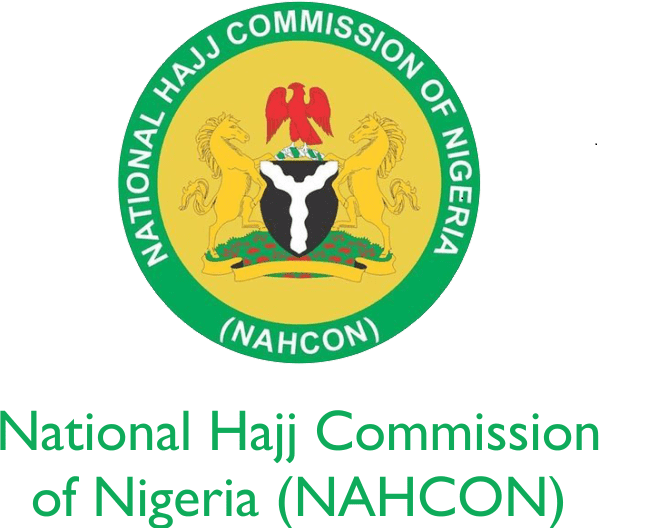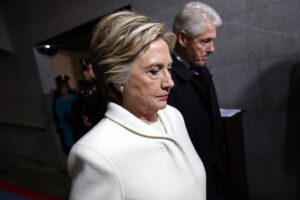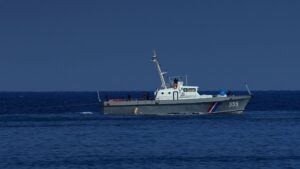Canada has officially designated Iran’s Islamic Revolutionary Guard Corps (IRGC) as a terrorist organization, following years of advocacy from opposition legislators and segments of the Iranian diaspora. Public Safety Minister Dominic LeBlanc announced the decision on Wednesday, describing it as a “significant tool in fighting global terrorism.”
This designation will prevent thousands of senior Iranian government officials, including top IRGC leaders, from entering Canada. The move has been met with strong disapproval from Iran. A spokesman for Iran’s foreign ministry, quoted by the Fars news agency, criticized the decision as “unwise and unconventional.”
Canada has designated Iran’s Islamic Revolutionary Guard Corps (IRGC) as a terrorist organization, following years of advocacy from opposition legislators and members of the Iranian diaspora. Public Safety Minister Dominic LeBlanc announced the decision on Wednesday, calling it a “significant tool in fighting global terrorism.”
The IRGC is a major military, political, and economic force in Iran with close ties to Supreme Leader Ayatollah Ali Khamenei. It has over 190,000 active personnel and its own ground forces, navy, and air force that oversee Iran’s strategic weapons. The IRGC influences other parts of the Middle East through the Quds (Jerusalem) Force, which provides money, weapons, technology, training, and advice to allied governments and armed groups. The Quds Force was already designated a terrorist group by Canada; Wednesday’s announcement extends this designation to the entire IRGC.
“This action sends a strong message that Canada will use all of the tools at its disposal to combat the terrorist entity of the IRGC,” Mr. LeBlanc said. “The Iranian regime has consistently displayed disregard for human rights, both inside and outside of Iran, as well as a willingness to destabilize the international rules-based order.”
The designation allows for the investigation and removal of current and former senior Iranian government officials in Canada. Foreign Affairs Minister Melanie Joly warned Canadians in Iran of the risk of arbitrary detention following the announcement. “My message is clear: for those who are in Iran right now, it’s time to come back home. And for those who are planning to go to Iran, don’t go,” she said.
Iranian Foreign Ministry spokesperson Nasser Kanaani criticized Canada’s move, calling it “an unwise and unconventional politically-motivated step” that would not affect the IRGC’s power.
Prime Minister Justin Trudeau’s government had previously declined to extend the terrorism designation to the IRGC, despite pressure from some diaspora members, including families of those killed when Flight PS752 was shot down by the IRGC in January 2020. The missile strike killed all 175 passengers, including 55 Canadian citizens and 30 permanent residents. Tehran claimed the strike was a mistake.
In 2022, Mr. Trudeau expressed concerns that the designation could unfairly target Iranians in Canada who opposed the regime but were forced to serve in the IRGC. Mr. LeBlanc explained that the decision to designate a group as a terrorist entity is a “deliberative process” based on advice from security services and foreign policy considerations, stating that “it is a threshold that must be met under the criminal code of Canada.”
With this move, Canada joins the US, which labeled the IRGC as a terrorist organization in 2019. The UK has indicated its intent to make a similar designation but has yet to do so.

